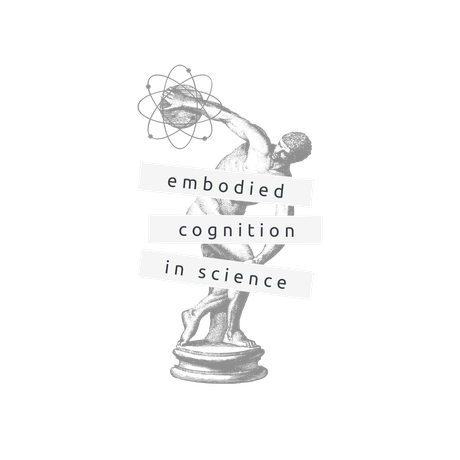Embodied cognition
There is growing agreement among scholars that learners understand, experience, and study the world through and with their bodies. While the philosophical underpinnings of embodied cognition continue to spark contemporary debates, there is no doubt that thinking occurs in action and not only in the head or the brain.
With my research, I venture outside of narrowly understood views of cognition to advance and enrich our understanding of embodied science cognition. A greater appreciation of the embodied mechanisms of science learning can improve instructional practices and make science more accessible to a broader range of students.

Examples of research questions
- What is the role of the body in science education?
- What is students' bodily engagement in learning abstract concepts?
- How does embodiment enable and restrict students' abilities to think scientifically?
Examples of talks
Examples of publications*
* Can't access the papers? Get in touch!







